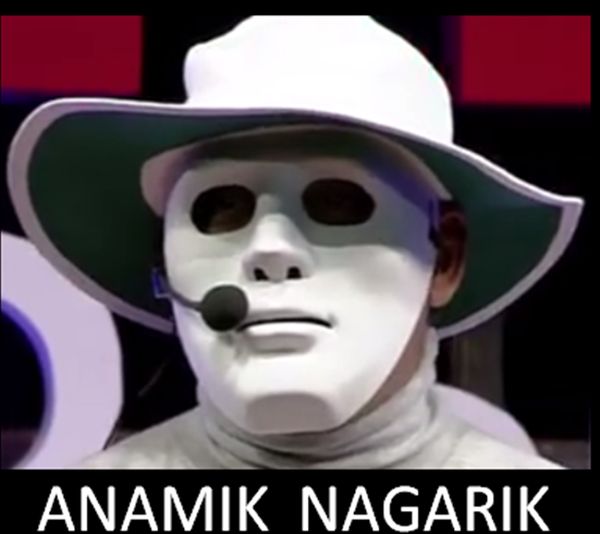Jan 08, 2026
Jan 08, 2026
The book “A Better India, A Better World” by Mr. Narayana Murthy is actually a compilation of thirty eight speeches delivered by him during his illustrious career at various forums. All the speeches, without exception, speak of his honesty, uprightness and values he stood for. One of the speeches (What We can Learn from the West) from deals with values. This is hard hitting speech in which the focus is moral deficiencies of average Indian citizens.
A value system, according to Mr. Murthy, is the protocol of behaviour that enhances the trust, confidence and commitment of the members of a community and this goes beyond the realm of legality. It is about decent and desirable behaviour and involves putting the interests of the community ahead of your own.
There are two pillars of value system – loyalty to the family and loyalty to the society and they need to go hand in hand and not in isolation. Mr. Murthy takes pride in being a part of Indian culture which is founded on deep rooted family values. It is not uncommon that parents make sacrifices in bringing up their children. Parents in their old age are by and large taken good care of by children. Joint families thrive even today especially among business communities.
A right observation at this point is that our attitude towards the family is not reflected in our attitude to the society. This is the basic difference between us and the Westerners. In the West there is respect for the community. Parks are free of litter, the streets are clean and public toilets are not repulsive. Indians, on the other hand, keep their houses clean but adopt a “couldn’t care less” attitude towards their surroundings. But without any compunction most Indians spit (paan or no paan) anywhere outside.
There is a strange psychology behind this behaviour. Basically it is the mindset that everybody’s property is nobody’s property. What’s missing is a sense of belongingness. Ayn Rand terms this as ownership. You belong to the road on which you walk. But it is equally important to realize that road belongs to you just as much as your home and family members belong to you. If all individuals develop this mindset or attitude our cities and towns will become much better places to live in.
Over the years I have made it a point to develop this attitude. When I enter my office block I switch off any unattended monitor which is on. When I walk I pick any undesirable objects on the road such as banana skins and put them out of harm’s way. My action is triggered by “feeling the pain” and od “seeing the waste”. This, I can say has become almost my second nature. I have framed a phrase “Proactively Reactive” to describe my attitude. It’s Reactive because I do react to situations. It is proactive because most people, in my assessment, do not react similarly.
In this connection I want talk about “UGLY INDIAN”, an anonymous collective that does not talk to media, seek no publicity and works with the motto “Only Work, No Talk” or Muh bandh, kaam chalo. The group is trying to keep our streets clean. A social experiment which started in 2011 has resulted in remarkable achievements.

There is TED talk (Why are Indians so filthy), which incidentally is the only instance of the group coming out in public, is delivered by an active representative who calls himself “Anamik Nagarik”. There are three messages in the video:

|
Very true. I also get pensive at the sight. The solution is parents and Schools. Youngsters can set a model for adults. It should b taken up with Seriousness. We can then see India shining. |